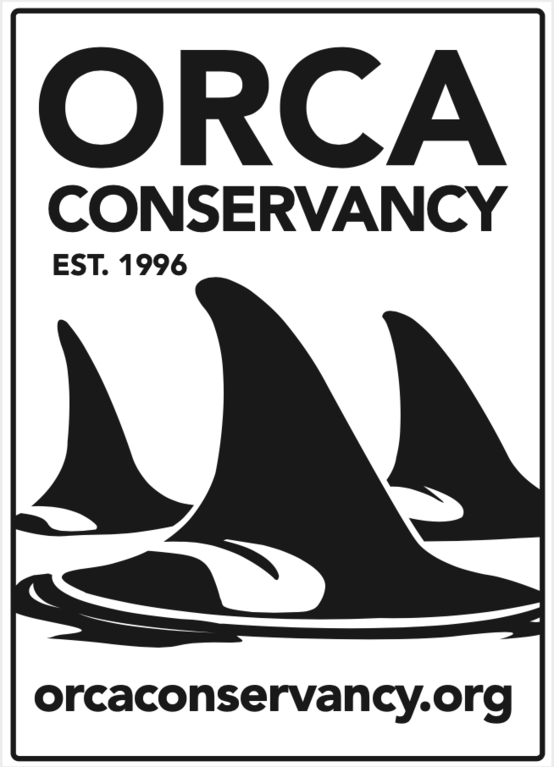Washington Salmon on drugs? What can you do to help?
Puget Sound salmon are on drugs — Prozac, Advil, Benadryl, Lipitor, even cocaine. That was the message last week from a paper published by Jim Meador in the journal Environmental Pollution. Jim Meador is an environmental toxicologist at NOAA’s Northwest Fisheries Science Center in Seattle.According to the Organic Consumers Association ...Those drugs and dozens of others are showing up in the tissues of juvenile Chinook salmon, researchers have found, thanks to tainted wastewater discharge.For our local endangered Southern Resident killer whale population, taking proactive measures are necessary, and well within our reach.Medicines that are flushed or poured down the drain can end up polluting our waters, impacting aquatic species, and contaminating our food and water supplies. Most medicines are not removed by wastewater treatment plants or septic systems. Scientists have found medicines in surface, ground and marine waters as well as soils and sediments in the Pacific Northwest. Even at very low levels, medicines in the environment hurt aquatic life.Here's three easy ways all of us can help from Take Back Your Meds:
- Safely dispose of medicines that are unwanted or expired. Use a medicine take-back programs at one of these temporary drop-off locations.
- Tell family and friends about safe disposal.
- Learn about the amounts of medicines collected and safely destroyed in Washington State take-back programs.
If prescription medications dispersed into our waterways are knowingly increasing the mortality rate in juvenile Chinook salmon -- even as an indirect impact -- will ultimately affect the endangered Southern Resident killer whales in the long term. To save this population, we need healthy and abundant salmon.
